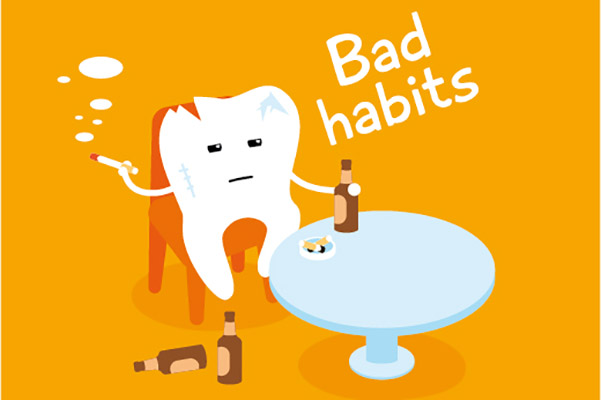 Dental implants are often referred to by implant dentists as artificial tooth roots. This is because they work in a similar fashion as natural tooth roots. Dental implants hold replacement teeth (i.e. dental crowns) in a stable and strong position.
Dental implants are often referred to by implant dentists as artificial tooth roots. This is because they work in a similar fashion as natural tooth roots. Dental implants hold replacement teeth (i.e. dental crowns) in a stable and strong position.
An implant dentist explains artificial tooth roots
By learning more about dental implants, you can determine if implant dentistry is right for you and your teeth replacement needs. This review discusses what the term artificial tooth roots means, why they are important, how they are placed, and how you can determine if treatment is right for you.
What are artificial tooth roots?
Implant dentists may refer to dental implants as artificial tooth roots. These are titanium posts that are placed into the jawbone and fuse together with the bone, essentially serving as the root of an artificial replacement tooth (or multiple replacement teeth).
The importance of artificial tooth roots
The primary benefit of dental implants, which as discussed are also known as artificial tooth roots, is that they preserve the density of the jawbone. Of course, they also provide a strong and reliable hold for a replacement tooth (or multiple replacement teeth) as well.
Placing the artificial tooth roots (implants)
Artificial tooth roots require a minor surgical procedure to adequately place them inside of the jaw. This procedure involves making an incision into the gums to access the underlying jawbone and then drilling a small, screw-like hole inside of the jaw to place the implant. For multiple artificial tooth roots, multiple dental implants may be placed. After the procedure is over, the implants have to fuse together with the natural jawbone (osseointegration). Once complete, the dental restoration is placed to complete the teeth replacement process.
How to determine if artificial tooth roots are right for you
Artificial tooth roots may be right for you if you have one or more missing teeth and want the most dependable and natural-like teeth replacement solution. In fact, for most patients, artificial tooth roots are indistinguishable from natural teeth, and they allow the patient to show off a great smile, function the way they desire, and preserve the dentistry of their jawbone.
Caring for your dental implant restoration
Dental implant restorations can last for more than twenty years when the patient cares for them properly. The good news is they are easy to care for, and there are no specific instructions required. You can keep your dental implant restorations in optimal condition by brushing often, flossing, using mouthwash, making smart dietary decisions, and visiting the dentist for regular check-ups and cleaning visits.
Learn more about artificial tooth roots from our implant dentist
If you have questions about artificial tooth roots for teeth replacement and want to visit our dental team for a consultation to find out if treatment is right for you, then call us today. We are glad to answer your questions and find a convenient time for you to come to visit with our implant dentist and the rest of our friendly staff.
Request an appointment or call Gledhill Dental at 509-800-8410 for an appointment in our Kennewick office.
Related Posts
Having a firm understanding of oral hygiene basics can prevent tooth decay, gum disease, and general oral discomfort. Human beings go through life developing a range of habits that impact oral health, some of which are good and some of which are bad. Avoiding these damaging behaviors promotes strong teeth and gums that can last…
Brushing and flossing your teeth daily are oral hygiene basics, but what about using mouthwash? Is it an essential part of keeping your teeth healthy.Except for fluoride rinses, mouthwashes are generally not part of the daily oral care routine recommended by dentists, but that does not mean it has no value. Using mouthwash correctly can…
Brushing and flossing teeth are critical oral hygiene basics that everyone should include in their care routines. Many people already know the proper procedures and benefits of brushing their teeth regularly, but flossing sometimes gets left out. In fact, according to U.S. News, only about 30% of the population in the United States flosses daily.…


